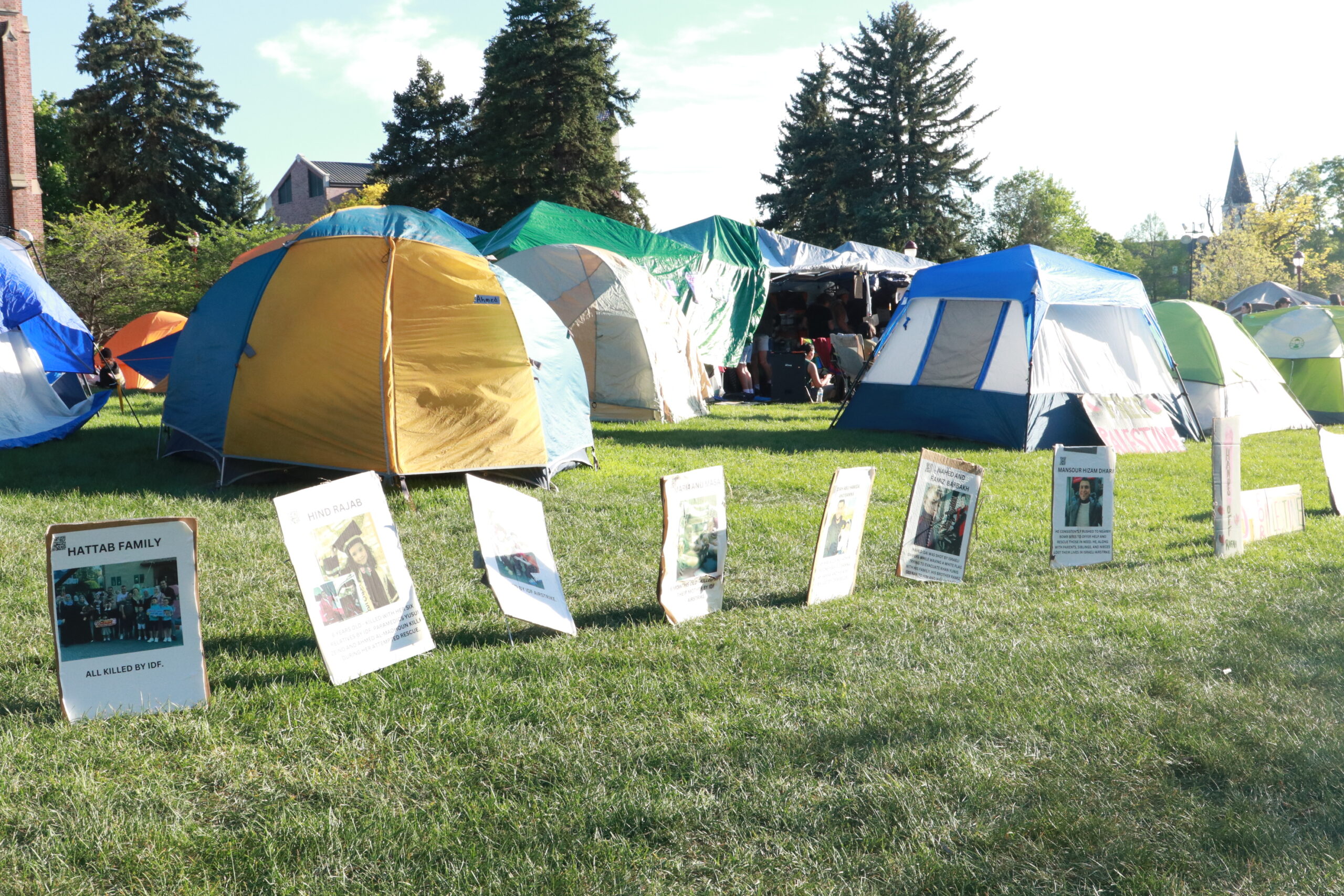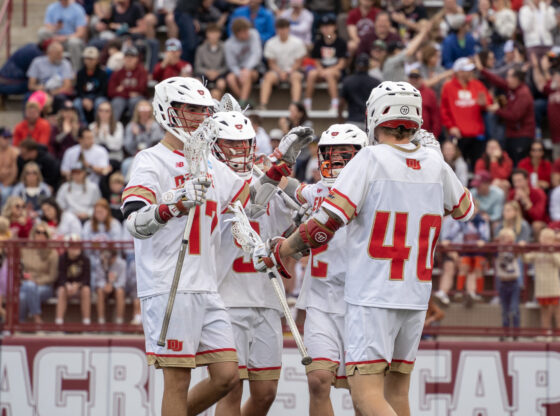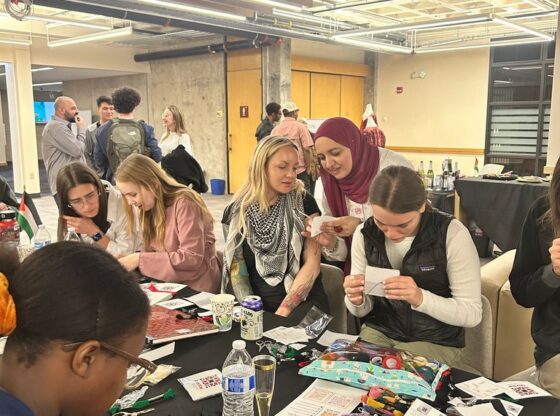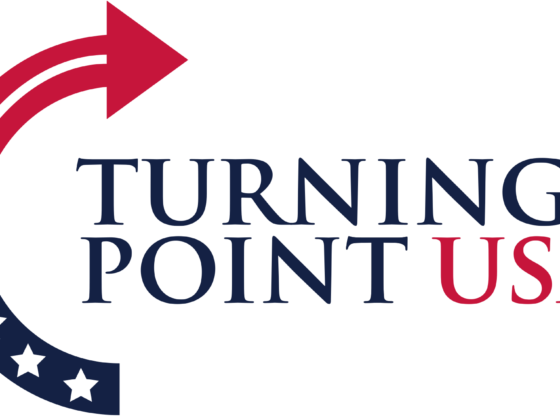Arnold Grossman graduated from the University of Denver in 1959 and was the Clarion editor-in-chief. Since leaving DU, he has co-authored two political novels. His most recent book, One Nation Under Guns: an Essay on an American Epidemic deals with the emotionally charged issue of gun violence in America. “In the next five seconds, another handgun will be manufactured somewhere in the United States. In the next two minutes, someone will be shot with a handgun. If today is an average day, 82 Americans with die from gunfire by midnight. Eight of those who will die will be children.”
Thus begins One Nation Under Guns, and Grossman’s attempt to dissect and bring light upon the so-called “American epidemic.”
Q: Why did you write One Nation Under Guns?
Arnold Grossman: Right after Columbine, I got very interested in the issue [of gun control]. I had always been interested in the issue, for years, but right after Columbine, I just went over the edge and was devastated. I said we have to start doing something about this. So a good friend of mine, John Head, who is very active in Republican politics, and I, a life long Democrat, decided to form a bipartisan organization called SAFE (Sane Alternative to the Firearms Epidemic) Colorado, which is dedicated to reasonable gun control.
Q: What has SAFE done in the past and what is it working on now?
A.G.: We have one significant achievement, of which we’re all very proud. After the Columbine disaster, we decided we needed to take some action: we wanted to do more than just speak out. We learned that three of the four guns used at Columbine were bought at gun shows through what’s called the gun show loophole (which allows “non-registered dealers” to sell firearms at gun shows without registration. Closing the loophole would require background checks for private sales at gun shows). John and I went back to Washington and met with the handgun control lobby, and sought their council because we wanted to start some changes, legislatively.
They told us to choose one issue, and they liked the gun show loophole idea. So with their support we went ahead and did it. So we’re very proud of the fact, that in this Western gun friendly state, some people said there’s no way you’re going to get this legislation passed, and it passed with 70 percent of the vote. We were the first in the country by a couple of hours to pass the law to close the gun show loophole. The mood in the country after Columbine was to really look hard at what could be done legislatively. And since then we’ve worked with the legislature.
Q: What is your interpretation of the Second Amendment? Do you think in the coming years there will be a national interpretation of what exactly the Second Amendment means, in terms of what it allows and doesn’t allow?
A.G.:Yes I do, I think it is headed towards the Supreme Court because of a ruling that came down in Washington D.C. just a few weeks ago. Some higher court overturned a 20-year-old gun ban, whereby handguns were not allowed in private possession, for possession in homes. It was the toughest gun law, because of all the street crimes, and it was overturned in a three judge panel. They voted 2 to 1 that the Second Amendment was in fact designed to guarantee individual rights to own guns. I, and most of my colleagues, feel very strongly [in that] we agree with the first half of the Second Amendment. I forgot the exact wording, but it is to the effect of to safeguard a well regulated militia, the right to bear arms should not be infringed. The National Riffle Assocation, conveniently, for example, on the front wall of their building, cut out the front half of the Second Amendment. I think they really worry that the interpretation will eventually be that it does not, in fact, guarantee individual right to have unlimited access to guns, but that it was for national guards and militias. But, because of the makeup of the present Supreme Court, I’m not that hopeful.
My personal interpretation is that [the Second Amendment] was intended for ready access of guns available to members of militias at that time, who were fighting the revolution. They didn’t have national guards or armories, and so you needed to have a gun in your home to run out and take action against aggressors. But then all this changed. And to people that say, ‘no the constitution should not be changed,’ my response is: Really? Then that constitution, that wonderful document that it was, that it is, in it, slavery was allowed, women were denied the right to vote, so it really is a living document. It needs to keep up with the times. Sometimes I get into debates and people are driving this point, you know, ‘The Constitution says, the Constitution says,’ and I say, ‘Okay, I’ll make you a deal. Every gun, every kind of gun, that existed in the time of the revolution, they’re okay now.’ Can you imagine someone going into a 7-Eleven with that kind of gun?
Q: Do you think it is just a literal interpretation of the Second Amendment that has caused our nation gun-related death toll to soar to more than 29,000 a year? Or is it something in the national psyche, something cultural?
A.G.:Yes, I think there is a cultural issue that we have not addressed. It’s talked about a lot, but we have never really addressed it. Maybe solutions are too hard to come by. We are the most violent nation on earth, at least in all developed nations. As I say in the book, there are more gun deaths, more gun violence, in the United States than in all 25 developed nations combined. It’s a shocking reputation. I probed people who I interviewed in my book for answers to this question. I asked Sarah Brady [co-creator of the The Brady Campaign to Prevent Gunviolence] and I loved her answer. She said, “We just haven’t grown up yet.” And she didn’t mean were infantile, she was a little more kind than that. She meant that we’re still a relatively young nation, compared to the nations in Europe.
I think the single most important impediment to getting at this issue [of gun safety] is the all powerful gun lobby. I think they are, arguably, the most powerful lobby in the country. There are people that won’t agree with this. But, they succeed more than any other lobby in America in driving enough fear in elected representatives to hold them accountable to their demands. And they punish them. The NRA has played a very substantial role in defeating some very good people because they didn’t support the gun lobby.
I’m very upset at a lot of my fellow Democrats, right now, who are running for president. Not a one of them has said anything, since Virginia Tech, of any substance about what we should do to prevent gun violence. They all send their prayers and condolences, which all right, but if one of my kids had been there, those are nice, but that’s not what I want to hear. I want to hear how my other children, my grandchildren will safely be able to go to school.
Q: Do you think the expiration of the Assault Weapons Ban had any contribution to the massacre that occurred at Virginia Tech?
A.G.: It’s hard to answer that. Could any law have prevented it? Going back to Columbine, there was fairly good evidence that had the gun show loophole law been on the books, it might not have happened, the outcome might have been different. Can you say definitely? No. But what you have to finally do is take a step of good faith and say, ‘if you try harder to limit access to guns, it’s going to have an impact.’ But, it’s not just the laws. We do need more laws. But we also need to make some sea changes, some cultural changes, of how we view conflict resolution. It even extends to what young people see in the media, not just young people, but also troubled people. It’s just so easy, in the movies and in video games, to die. That’s not what happens. It’s not fun, it’s not exciting. It’s devastatingly ugly. I think anyone who has a question of whether there should be a gun in the house should be required to see what actually happens to the human body when a bullet enters it.
Q: What can we do, a college students, as young adults, do?
A.G.:Show a little outrage. Hold politicians accountable to gun control. I’m a lifelong Democrat, but I will not give one dollar [in this election] to a candidate that does not have the courage to speak out for gun control. I think we need more people to say you don’t have my support unless you are willing to take on the gun lobby. We haven’t really heard from the average citizens, to say enough is enough, to take on the gun lobby, to say we can be more powerful than you. I’m still hopeful that than can happen.
I have been accused of being too idealistic, not practical enough. But if we don’t take the risk and step up, and hold our politicians accountable, and say this isn’t what we want, they’ll have a free ride. There is nothing like good old-fashioned activism. It is going to take activism, real, serious, activism. The kind of activism that turned the tide in the Vietnam arena, and that is starting to occur for the war in Iraq. It is a big issue; we are slaughtering too many of our people. Granted, a lot of them are killing themselves, but it’s still a tragedy. Right now, my largest concern is preventing future Virginia Techs.
Q: Now, in with our “fresh public memory,” as you say in your book, of the tragedy at Virginia Tech, what do we do? What can college students do now?
A.G.:Well, I know school is almost over. Let’s ask, ‘what happens when we come back to school?’ Do we need to worry about future Virginia Techs happening here? We just don’t know. I wish that students would begin seriously talking about the issue. Our hearts go out to the students of Virginia Tech, but we want to make sure it doesn’t happen here at DU, or CU-Boulder, or Metro, or wherever. So again, I go back to that A word: to activism. We have a very short memory, a very short attention span on issues like this. Until the tragedy touches you, you tend to be inherently unaware. Go back to your legislature. [Work on] the gun show loophole. Reinstate the waiting period. Do what the government of Virginia did [by getting mental instability records into background checks].
But for college students, I think young people have the power, the voice, if they would get together and be in peoples faces, and say no, this has to stop. I don’t want this on my campus. Show a little outrage and exercise some activism.











